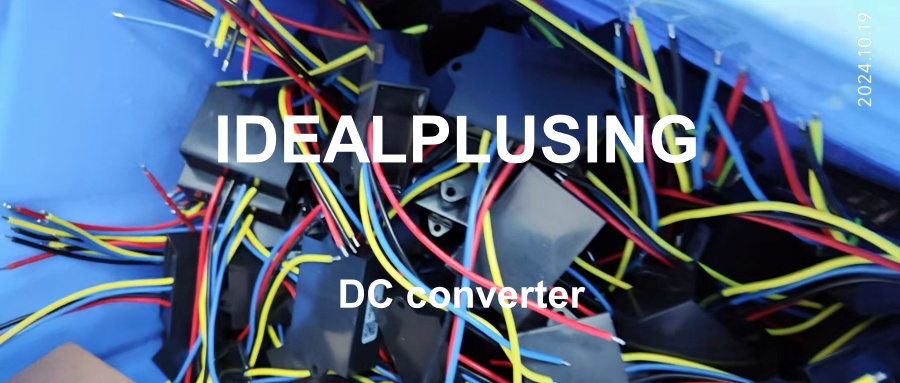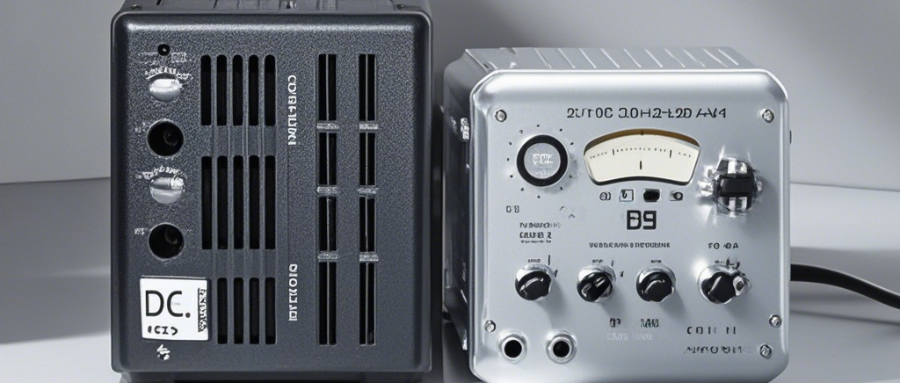
The reason why DC-DC converters are more efficient than voltage regulators is that they control the output voltage differently.
Voltage regulators control the output voltage by adjusting the on-resistance of the driver FET. This means that the input-output potential difference, that is, the difference between the input voltage and the output voltage, causes the voltage to drop inside the IC.
Since this voltage drop of the driver FET causes loss, the efficiency of an ideal voltage regulator is "VOUT/VIN x 100".
On the other hand, DC-DC converters control the output voltage by adjusting the on/off time of the driver FET.
The on-resistance of the driver FET when it is turned on is small, so the conduction loss caused by the on-resistance and the current flowing in the driver FET becomes small.
In addition to the conduction loss, switching loss and the like also occur, but even including these, the loss is smaller than that of a voltage regulator, and the efficiency is better than that of a voltage regulator.

Of course, DC-DC converters and voltage regulators each have their own advantages and disadvantages. The main advantage of DC-DC converters is high efficiency, especially in battery-powered applications, which can extend the battery life, and due to low losses, less heat is generated, which can simplify the heat dissipation design. However, DC-DC converters are expensive to design and manufacture, and their structure is relatively complex.
In contrast, linear voltage regulators (LDOs) have a simple structure, are easy to use, and have low costs. However, their efficiency is low, especially when the difference between the input voltage and the output voltage is large, which may lead to greater energy loss and heat generation. Therefore, LDOs are suitable for occasions where efficiency requirements are not high and circuit complexity requirements are low.
The above is a general explanation, and the actual efficiency varies depending on factors such as power supply specifications, IC consumption current, and on-resistance of the DC-DC converter.
Depending on these conditions, a voltage regulator may be more efficient, so it is important to select the most suitable product according to the usage conditions.







